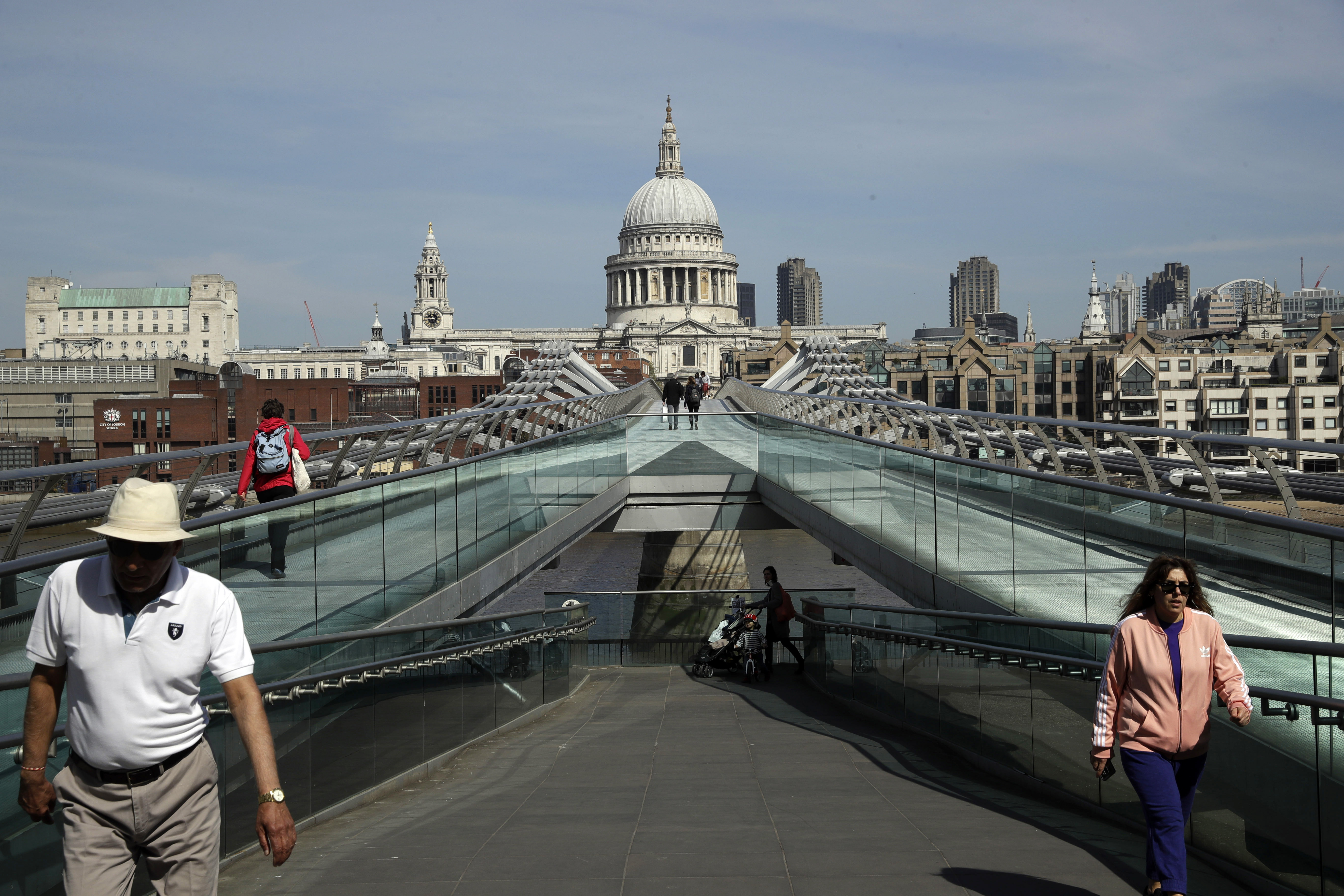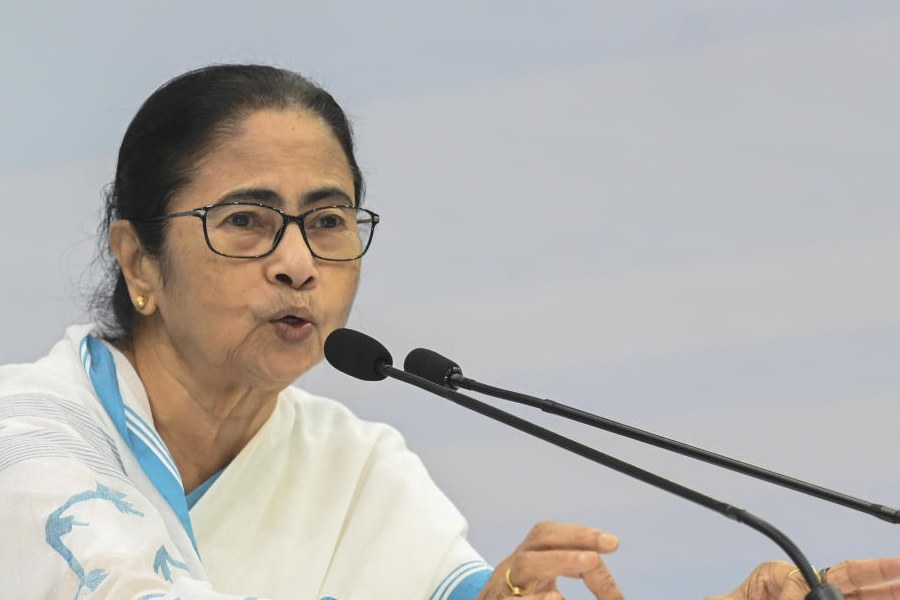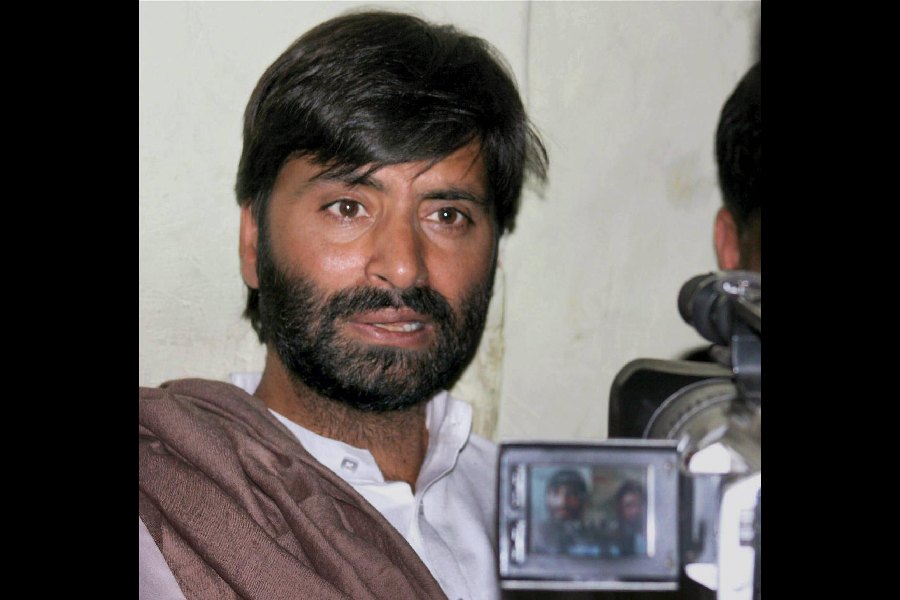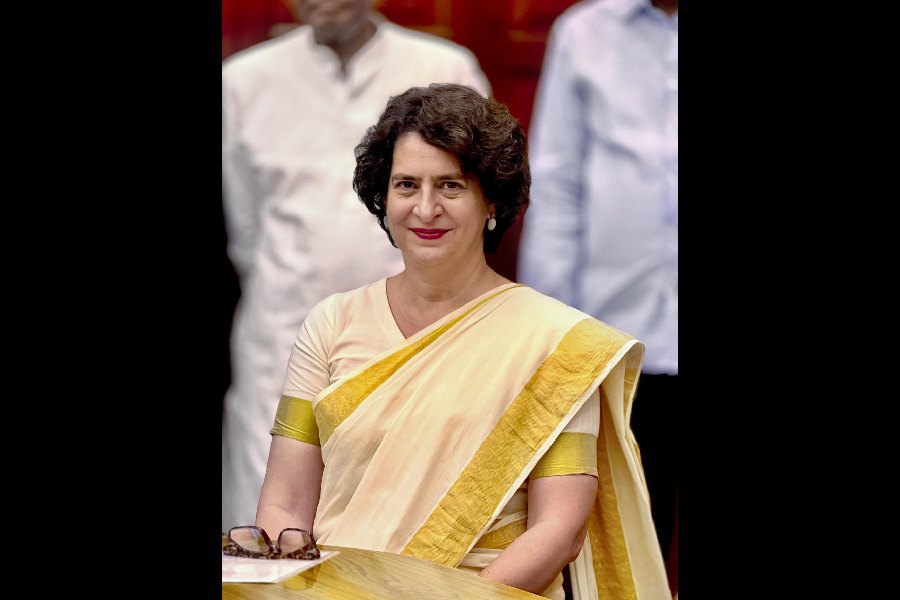Parliament is supposed to return on Tuesday, April 21, after the Easter recess, with the speaker of the Commons, Lindsay Hoyle, writing to MPs to say he will work with them to introduce a form of “digital democracy”.
Given that social distancing will remain in force for the foreseeable future because of the coronavirus pandemic, MPs will be able to take part in “PMQs” (Prime Minister’s Questions), urgent questions and statements only via video link.
The question of whether MPs will be allowed to vote remotely is considered much trickier and has yet to be resolved.
Some politicians have described the evolving system in the Mother of Parliaments, in which a few ministers will be present in the chamber while interacting remotely with MPs from their respective residences — this will be similar to the daily Downing Street news conferences — as a “hybrid parliament”.
It is likely the experiment in the Palace of Westminster will be watched carefully by other parliaments, including the Lok Sabha, to see if any lessons can be learnt.
In his letter to MPs, Hoyle conceded that while “the scale of the challenge means there are bound to be bumps along the way”, technology would allow MPs to hold the government to account while observing public health guidance.
“But once these proceedings have been judged to be delivered in a satisfactory and sustainable way, both from a technological and participatory point of view, then the House can consider extending the model to other proceedings such as debates on motions and consideration of legislation,” he said.
He said it would be up to the House to decide on any change to “a system of remote voting in divisions of the House”.
He revealed: “Planning for certain parts of House business to be taken virtually is progressing well. The main aspect of the proposal will allow oral questions, including PMQs, urgent questions and statements to take place at the beginning of each sitting day by video link.”
The Speaker said he had asked the House Service and Parliamentary Digital Service (PDS) “to undertake preparatory work as a matter of urgency on a system of remote voting. in divisions of the House”.
“I recognise the urgent need to put new arrangements in place and will do everything I can to ensure the House is presented with the opportunity to take a decision on this matter sooner rather than later, giving the House as much advance notice as I am able to do in these exceptional circumstances,” his letter also said.
He clarified: “I will send out more detailed information about the proposals after the Commission meeting on Thursday 16 April, but
I must reiterate that it is for the House to decide, in accordance with existing processes, the way forward once it returns from 21 April.”
The government is coming under pressure from the new Labour leader, Sir Keir Starmer, to explain how the lockdown might be eased.
The Prime Minister’s official spokesman said: “It’s hugely important that parliamentarians have the opportunity to properly scrutinise ministers.”










